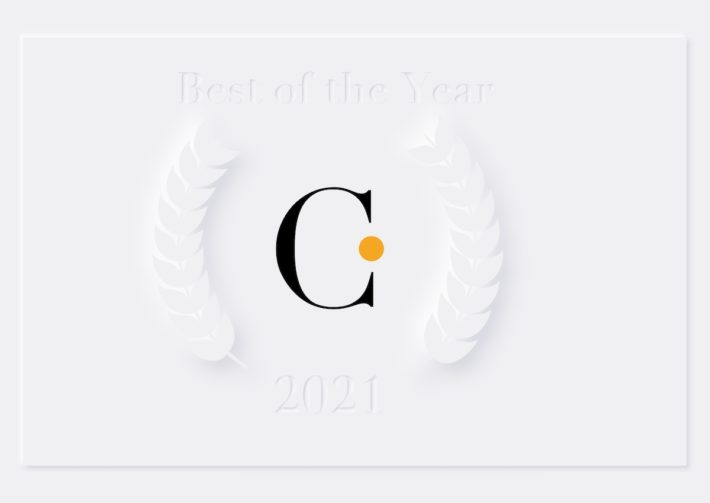We go over a lot of classical music albums every week, so when 2021 comes to an end it’s time for members of The Classic Review staff to pick their favorite albums of the year. And so, a moment before we start providing you with fresh new content for 2022, here are the albums that our staff members most liked in 2021.
Charles Ives – Complete Symphonies – LA Philharmonic, Dudamel
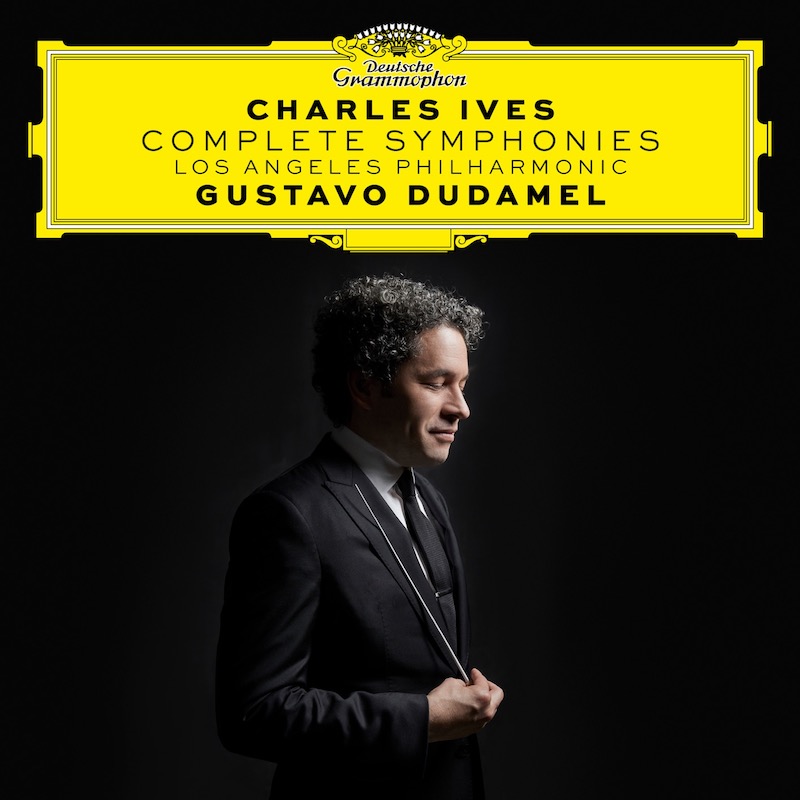
Although there are several excellent recordings of these symphonies, Dudamel’s enthusiasm for, and complete mastery of these works is something special. His readings have the missionary zeal of a recent convert, often matching Bernstein’s classic New York accounts. But those recordings cannot match the excellence of DG’s engineering, which allows us to hear Ives’ often dense counterpoint with an almost forensic clarity. And Dudamel handles Ives’ melodic ‘collaging’ in a completely natural way – a key ingredient to any successful Ives performance.
The Los Angeles Philharmonic plays with fervent intensity and captivating virtuosity: the string sound is often breathtaking, their playing unanimously precise and powerful throughout. Woodwinds too, play with great beauty and tremendous character, brass richly burnished and snarling by turn. Percussion has startling immediacy – one not only hears but feels the bass drum thwacks. The fourth symphony, a particularly difficult work to bring off, is completely enthralling. One hopes this team will go on to record more Ives – a fabulous set! — David McConnell
Vaughan Williams – Symphonies No. 4 & 6 – London Symphony Orchestra – Pappano
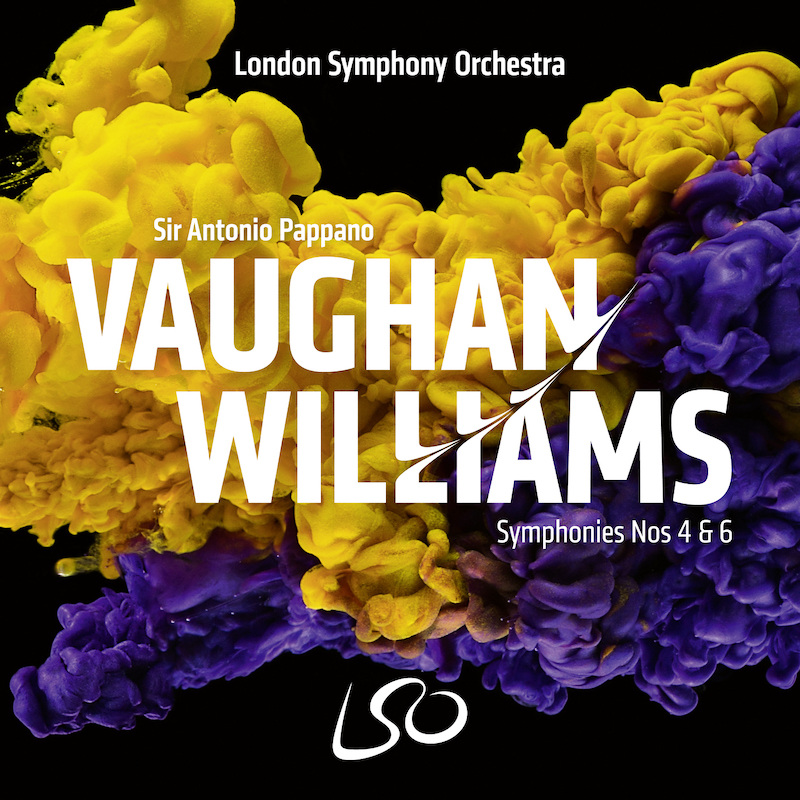
For many years I’ve had my favourite ‘go to’ sets of Vaughan Williams symphonies, along with various interpretations of individual symphonies. Pappano isn’t a name many would associate with British orchestral music, never mind someone so intrinsically central to English music. These versions of Vaughan Williams’ most violent and dramatic symphonies — the fourth and sixth, were refreshing, commanding and communicative. Pappano doesn’t attempt to sugarcoat them or smooth out the rough edges; he relishes the menacing brutality, hostility and anxiety without reserve.
On repeated hearings, one finds Pappano’s readings bracing; pushing the boundaries without making the music sound rushed. The shaping of phrases is sympathetic and intrinsic to Vaughan Williams’ writing; the melodic passages having a pure vocal quality. Recorded live, the engineering captures the spirit of the performance, especially considering the dry acoustics of London’s Barbican Concert Hall. Pappano brings true passion to these pieces which empowers the players of the LSO to do the same. I only wish this will become a full cycle. — Leighton Jones
Brahms – Piano Concertos – Orchestra of the Age of Enlightenment – Schiff
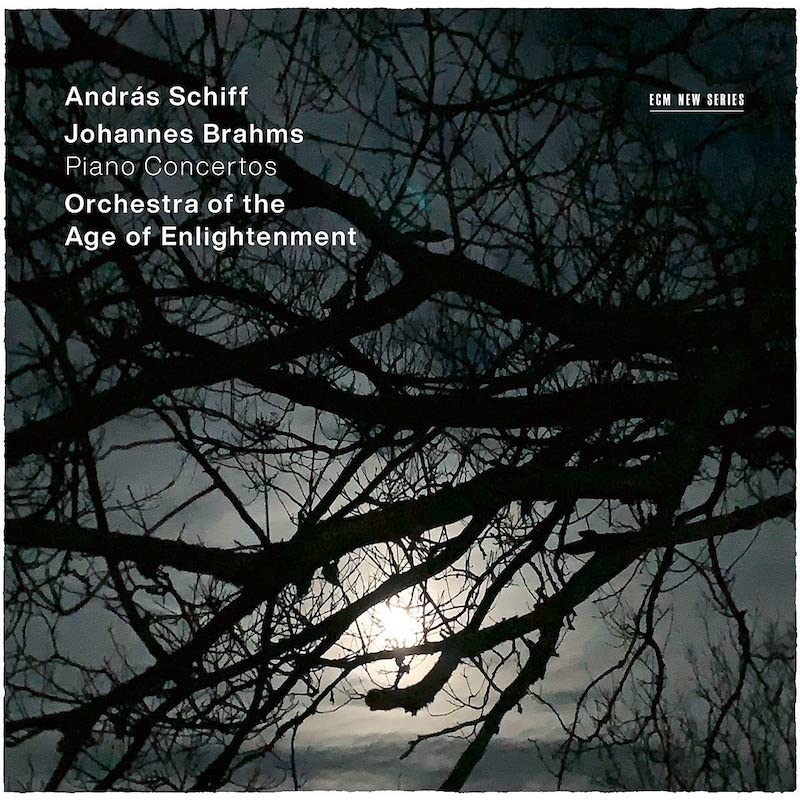
For a pianist who, earlier in his career, was a firm proponent of the modern instrument, Schiff makes quite the convincing turnaround with this album. Playing an 1859 Blüthner, he also adds the duty of leading the orchestra, which only increased the appeal of this endeavor. As someone who had always appreciated the power a hefty concert grand delivers to both concertos, I found these performances illuminating. The way Schiff navigates the instrument reveals the intricacies of Brahms’ writing more so than in a performance on a modern instrument: for the first time, I was able to really hear some of the details in the lyrical moments. The thunderous sections don’t lose their character either, for that matter, but take on an even more electrifying quality. The collaboration is excellent with an orchestra unafraid to match and therefore complement the soloist. A memorable performance indeed. — Azusa Ueno
Mahler – Symphony No. 10 – Minnesota Orchestra – Vänskä
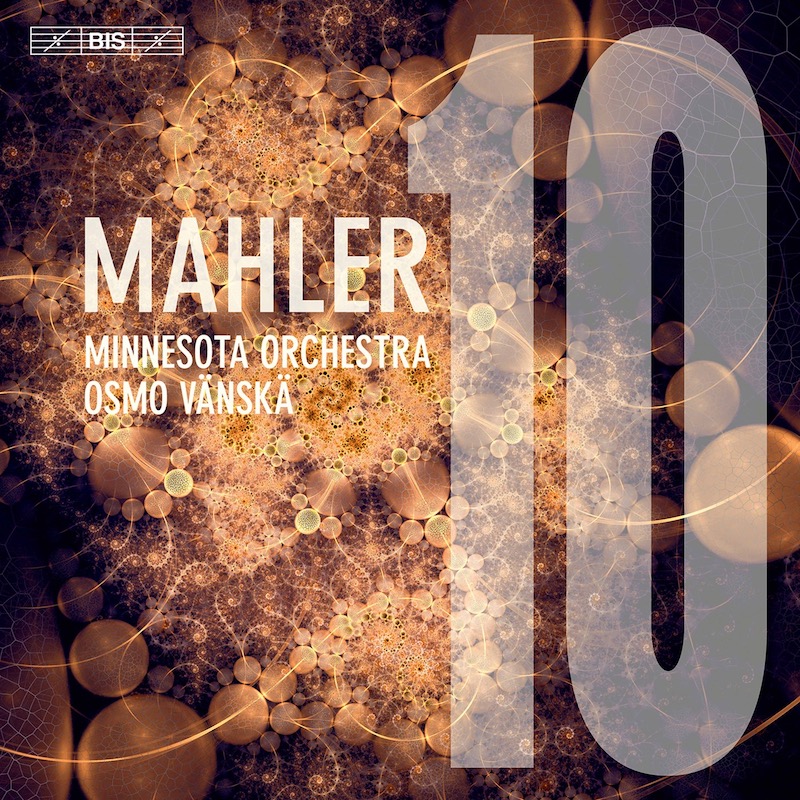
I have reviewed three releases in this ongoing cycle: the recording of Symphony No. 1 was disappointing, but the performance of the seventh symphony proved far more satisfying. Yet nothing in these previous releases prepared me for the excellence heard here. The Minnesota Orchestra’s playing is glorious, and their complete grasp of Mahler’s multi-faceted sound world is captured in stunning BIS sound.
Vänskä’s concern for color, balance (and extremely soft dynamics) allows us to revel in the changing hues and articulation. His supple, flexible phrasing provides his first-chair players plenty of room to characterize their many solos. Most importantly, the emotional reticence exhibited in previous releases is nowhere to be found. Here Vänskä finds the spiritual and emotional core of Mahler’s score, making for an emotionally profound performance that is the most successful of the series thus far. — David McConnell
Brahms – Symphony No. 4, MacMillan – Larghetto – Pittsburgh Symphony Orchestra – Honeck
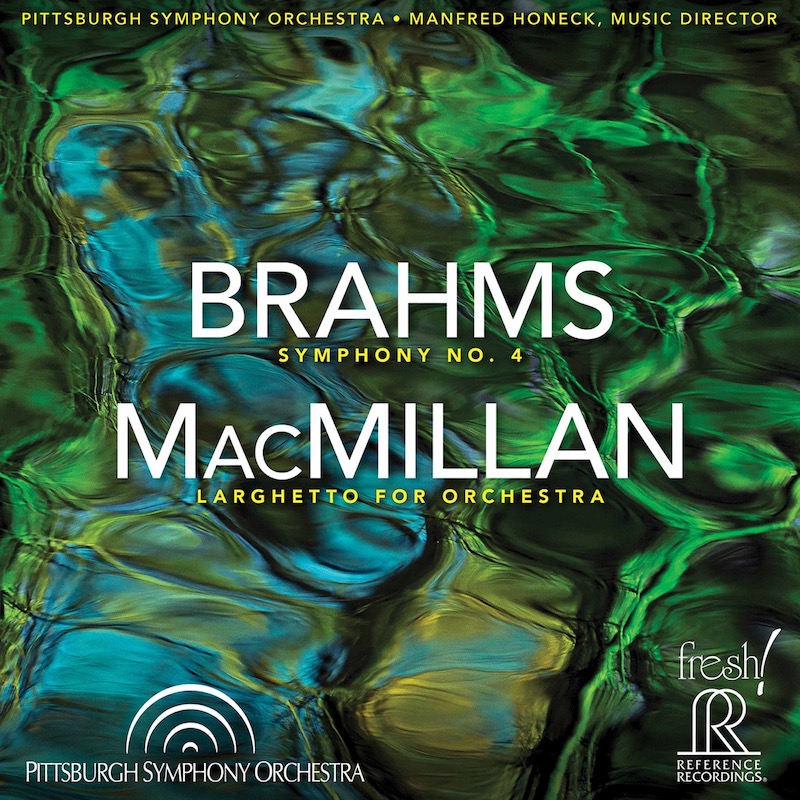
This team has released several distinguished recordings over the last several years, and this is certainly one of the best. The Brahms receives a searingly romantic reading, standing in stark contrast to the many historically informed performances released in recent years. Pittsburgh’s strings display impressive power and precision, matched by wind playing full of character and warmth (the horns particularly marvelous).
Honeck’s wonderful sense of ebb and flow allows him to capture every contrasting emotion in the music. The third movement has a matchless joy de vivre, answered by a final movement whose dramatic sweep leads to a devastating coda that few other performances match. Coupled with Scottish composer James MacMillan’s touching Larghetto, this is an exceptional record. — David McConnell
“American Quintets” – Kaleidoscope Chamber Collective
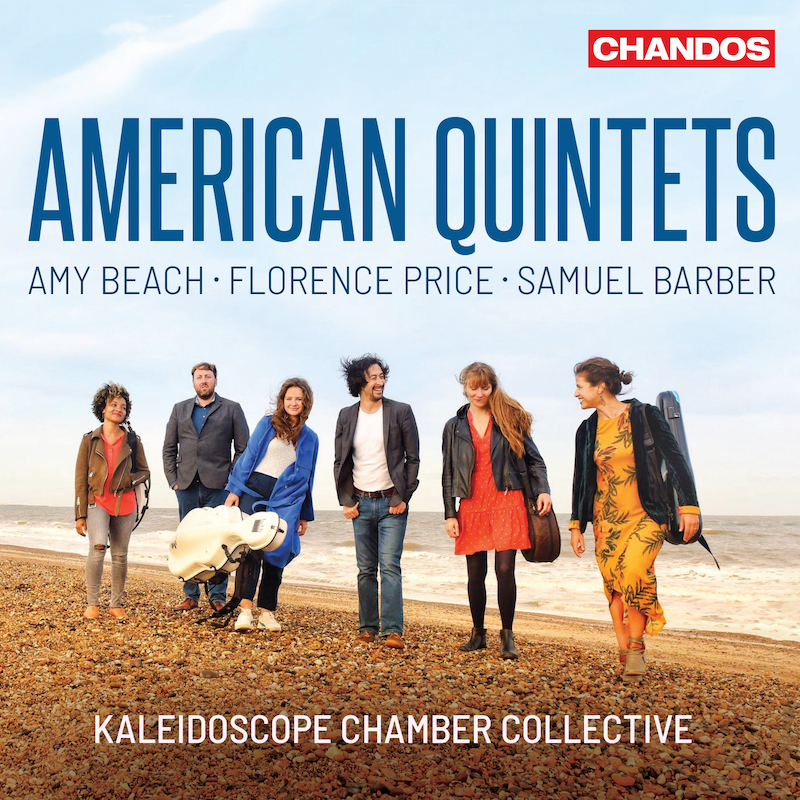
Amy Beach and Florence Price have been unduly neglected over the years both on record and especially in concert. The Kaleidoscope Chamber Ensemble attempt to correct that by releasing two fine examples of their chamber music. The Brahmsian quality of Beach’s piano quintet is endearing. Her harmonies and textures owe much to the late romantics; rich, sonorous and emotionally sweeping. Florence Price’s piano quintet has a similar late romantic approach, but with a melodic and rhythmic voice very much of her own. The inclusion of these two pieces alone made the album truly remarkable, not to mention the superb playing from the Kaleidoscope Chamber Collective, who’s enjoyment and respect for the music shines through effortlessly. There has been much to savour in this release. The performances are so commanding it’s impossible not to give them one’s full attention, and without doubt my overall top choice for the year. — Leighton Jones
“Bach and Handel” – Sabine Devieilhe
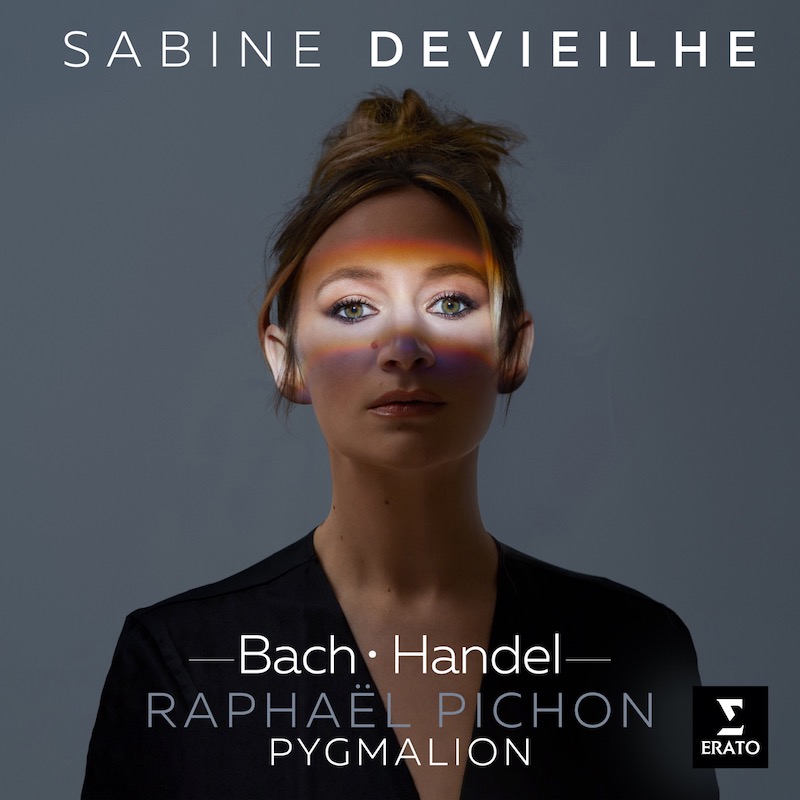
Some albums grab you from the first note, others take time to work their magic. This one does both. From the opening Choral Devieilhe’s voice shines through with penetrating beauty. The rest of the album, a combination of full Cantatas by Bach and arias by handel, is a fascinating journey through baroque music. To call the players of Raphaël Pichon’s Pygmalion “accompanists” is to do a grave misjustice to their musical contribution. There are times where they give hushed support, and on others magically strengthen Devieilhe’s efforts. This is Devieilhe’s best album yet, and it rarely left my sound system since first hearing it for a review, a personal sign of a long-lasting recording. — Tal Agam
“Dreams of a New Day” – Will Liverman, Paul Sánchez
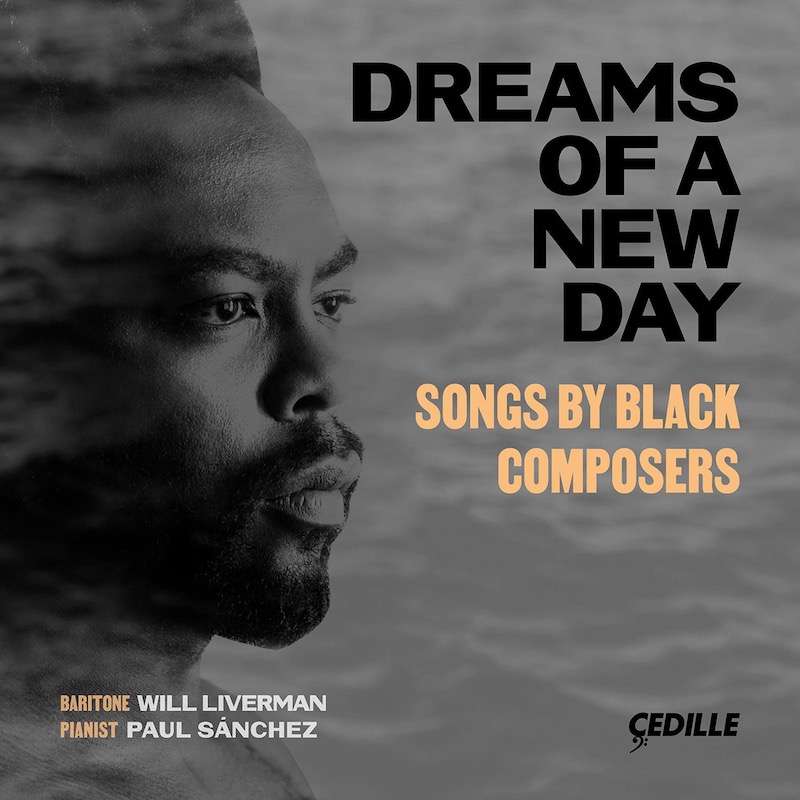
Will Liverman’s album was a 2021 top pick for me because of its sincerity – rarely have I heard a singer able to convey so much honestly in every song. The baritone is not afraid to take chances when it comes to using effective programming to create a narrative. We first saw this in his 2020 debut, Whither Must I Wander (included in our best of the year picks of last year), which centered around the concept of journeys. Dreams of New Days goes one step further, exploring the theme of identity through the compositions of black composers across two centuries. Many of the songs are powerful in their words, but performances are full of conviction, which elevates the listening experience entirely. On the first of many listens, I found myself immediately captivated by how Liverman could portray a scene, a poignant moment, or even a tragic historical event with such emotional vibrance. Pianist Paul Sànchez, too, is instrumental in creating the nuances at the heart of many of the works. This album is musical and collaborative mastery at its finest. — Azusa Ueno
“Journey Through a Century” – Sueye Park
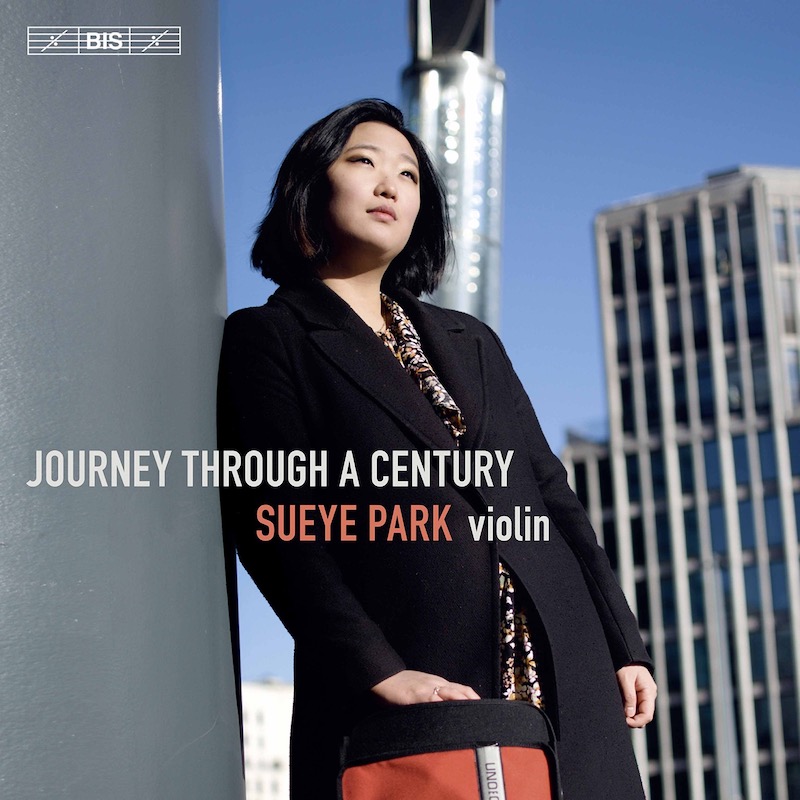
Sometimes an album unexpectedly just grabs you, and this is one such instance. The repertoire doesn’t instantly appeal to non-violinists; but the insightful programming and the sheer technical assurance and musicality of Park makes this a winning release. The range of orchestral colors Park produces and her ability to voice melodic lines is totally convincing, so much so that one forgets listening to an unaccompanied instrument. From Kreisler to Prokofiev, many differing moods are evoked, all with such confidence and conviction, getting below the surface of the music with each listening. — Leighton Jones
“Proust, Le Concert Retrouvé” – Théotime Langlois De Swarte, Tanguy De Williencourt
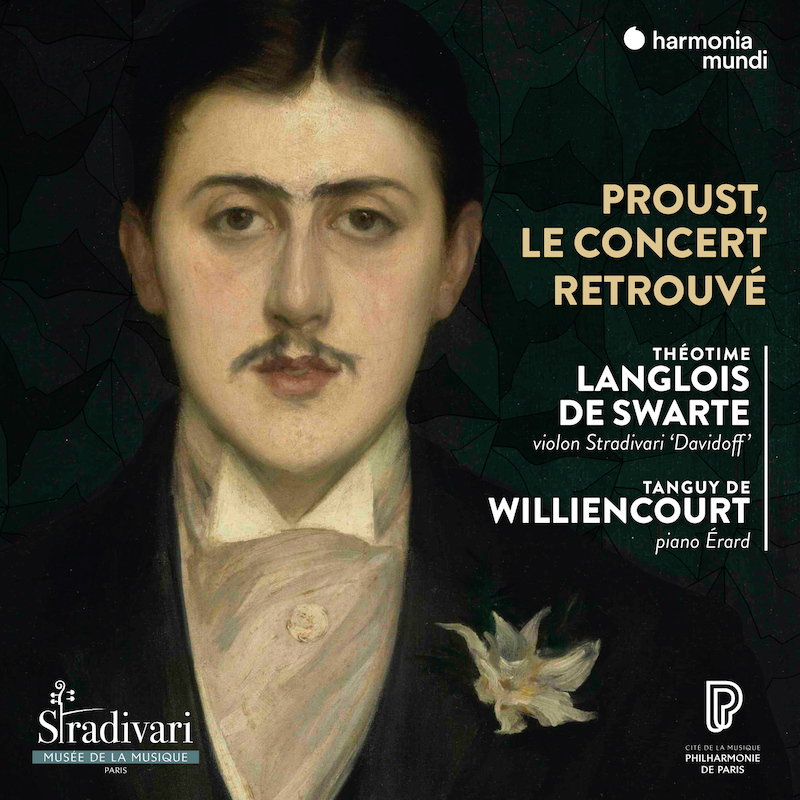
There has been much talk since the mid-1970s about “authenticity” and about playing “original instruments”, a debate that started with Baroque music and continued with music written much later. Today’s debates on the subject reach beyond the 20th century, with groups like “Les Siècles” playing music by Ravel and Mahler on instruments of the era. But with all the liveliness of debates about the kind of instruments used in performances and recordings, we forget about the human culture or circumstances in which the music was played. This album recreates a typical concert arranged by writer Marcel Proust, or as the booklet states: “A Concert at the Ritz during the Belle Époque.” Expertly played by violinist Théotime Langlois De Swarte and pianist Tanguy De Williencourt, the program makes one feel as being a part of a special occasion, feeling nostalgic while being in the moment. You can’t get more authentic than this. — Tal Agam
On DSCH – Igor Levit
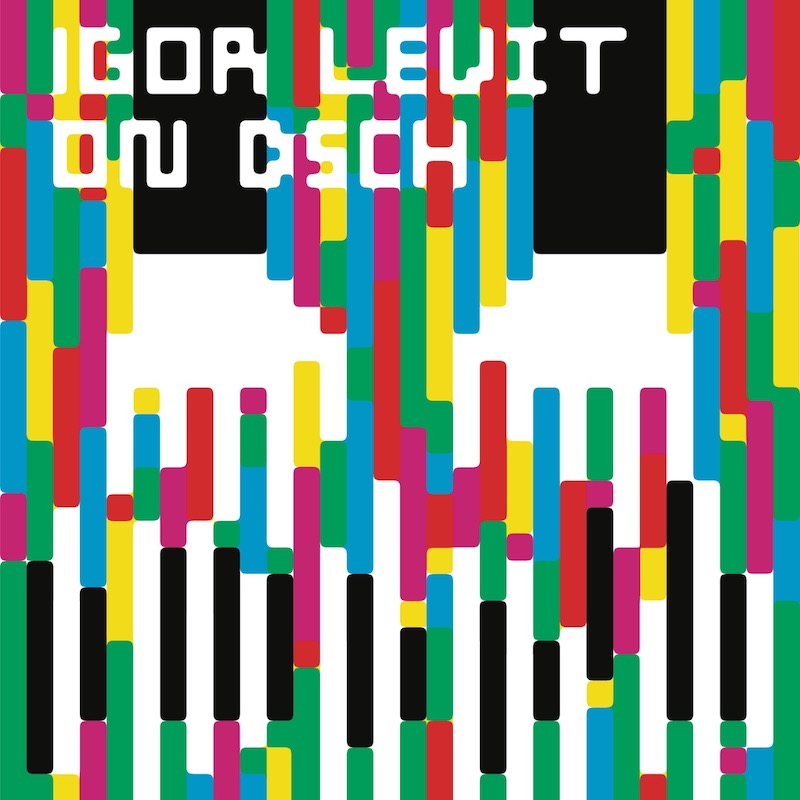
Very few pianists can pull off the entire set of Shostakovich’s Preludes and Fugues along with Ronald’s Stevenson’s massive Passacaglia on DSCH on the same album. Igor Levit, however, manages to do so–and with remarkable intelligence, musicality, and assuredness. The Shostakovich for me demonstrates a rare artistic vision that Levit possesses: the ability to preserve the personality of each prelude and fugue while simultaneously revealing the architecture of the set as a singular entity. This is no easy feat with a nearly two-and-a–half hour cycle. There’s a great deal of care put into each note, which goes to show just how well the pianist has thought things through before even pressing the keys. Despite all the subtleties, nothing about the performance comes off as contrived or nitpicky. And for those wanting the drama, the sprawling Stevenson delivers: moments are spine chilling but spellbinding. If you’re in search of a memorable homage to both composers, look no further. — Azusa Ueno


